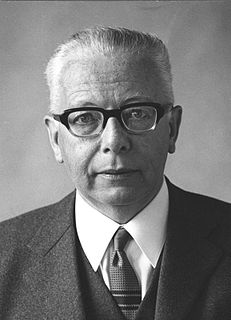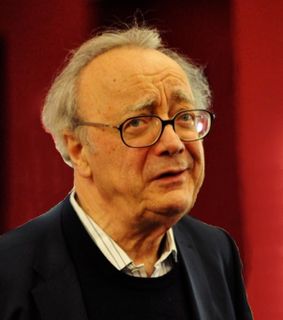A Quote by Christopher Hitchens
It's a better tradition for people who think for themselves and who don't pray in aid of any supernatural authority. That's what you should be spending your life is in spreading and deepening that tradition.
Related Quotes
Those who feel guilty contemplating "betraying" the tradition they love by acknowledging their disapproval of elements within it should reflect on the fact that the very tradition to which they are so loyal—the "eternal" tradition introduced to them in their youth—is in fact the evolved product of many adjustments firmly but delicately made by earlier lovers of the same tradition.
The book [Saving Calvinism] argues in each case that the Reformed tradition is broader and deeper than we might think at first glance - not that there are people on the margins of the tradition saying crazy things we should pay attention to, but rather that there are resources within the "mainstream" so to speak, which give us reason to think that the tradition is nowhere near as doctrinally narrow as the so-called "Five Points of Calvinism" might lead one to believe.
Tradition is the living faith of the dead; traditionalism is the dead faith of the living. Tradition lives in conversation with the past, while remembering where we are and when we are and that it is we who have to decide. Traditionalism supposes that nothing should ever be done for the first time, so all that is needed to solve any problem is to arrive at the supposedly unanimous testimony of this homogenized tradition.
It is scripture alone, not conservative Evangelical tradition or any other human authority, that must function as the normative authority for the definition of what we should believe. The authority of the scripture means that all the words in scripture are God's words in such a way that to disbelieve or disobey any word of scripture is to disbelieve or disobey God.
I embraced Hinduism because it was the only religion in the world that is compatible with National Socialism. And the dream of my life is to integrate Hitlerism into the old Aryan Tradition, to show that it is really a resurgence of the original Tradition. It's not Indian, not European, but Indo-European. It comes from back to those days when the Aryans were one people near the North Pole. The Hyperborean Tradition.
The rationale for accepting or rejecting any theory is thus fundamentally based on the idea of problem-solving progress. If one research tradition has solved more important problems than its rivals, then accepting that tradition is rational precisely to the degree that we are aiming to "progress," i.e., to maximize the scope f solved problems. In other words, the choice of one tradition over its rivals is a progressive (and thus a rational) choice precisely to the extent that the chosen tradition is a better problem solver than its rivals.
The urge to break with a tradition is only appropriate when you're dealing with an outdated, troublesome tradition: I never really thought about that because I take the old-fashioned approach of equating tradition with value (which may be a failing). But whatever the case, positive tradition can also provoke opposition if it's too powerful, too overwhelming, too demanding. That would basically be about the human side of wanting to hold your own.
The bottom line is pray. If you’re tired, sick, emotionally overwhelmed—pray. If you’re on cloud nine and life seems perfect—pray. If you lack direction—pray. If you doubt that prayer makes any difference—pray. If the circumstances of your life are out of your control—pray. If the circumstances of your life seem well within you’re your control—pray even harder. Whatever you do—pray.



































